Shared housing in Japan, commonly known as a Share House, offers an excellent and cost-effective accommodation option. It is socially engaging for international residents, students, and professionals arriving in the country. This model fundamentally involves residents renting individual bedrooms within a larger, fully furnished property. They share communal areas, such as kitchens, living rooms, and bathrooms. Unlike traditional Japanese apartments, share houses significantly reduce the initial financial burden. They simplify the leasing process and provide an immediate community structure upon arrival. These properties are managed by specialized operators, ensuring a smooth transition into life in Japan.
Why a Share House in Japan is the Smart Choice for Foreign Residents
Choosing a Share House in Japan offers distinct and significant benefits. It is preferable over conventional leasing arrangements. This is particularly true for those unfamiliar with the complex local real estate market. The straightforward application process and lower initial costs are major draws, making it an accessible choice.
Simplified Financial Requirements and Reduced Upfront Costs
The traditional Japanese rental market often demands significant upfront payments, including key money (reikin), security deposits (shikikin), and guarantor fees. Share houses drastically simplify this financial structure. Residents typically only pay a security deposit (often equivalent to one month’s rent) and the first month’s rent. This clear financial model provides predictability and stability, eliminating the stress of accumulating large sums before moving. Initial expenses for a Share House in Tokyo might be ¥100,000 to ¥150,000. In contrast, a standard apartment needs ¥500,000 or more.
Immediate Community and Language Exchange Opportunities
One of the most valuable, non-monetary benefits of a share house is the built-in community. Residents live alongside people from diverse backgrounds, fostering an environment rich in cultural and language exchange. These social structures are vital for newcomers to Japan, assisting with rapid integration and the development of local support networks. Residents often organize group activities, language practice sessions, and shared meals, creating strong bonds. Specific examples of these communities include:
- International students seeking to practice Japanese daily with native speakers.
- Young professionals from various countries sharing career experiences.
- Digital nomads connecting over shared projects and travel plans.
All-Inclusive Utilities and Furnishings
Most Share House in Japan operators include all utilities (electricity, gas, water, and high-speed internet) within the monthly rent. Furthermore, rooms and communal areas are fully furnished, eliminating the need to buy major appliances or furniture right away. This convenience allows residents to move in seamlessly with just their personal belongings.
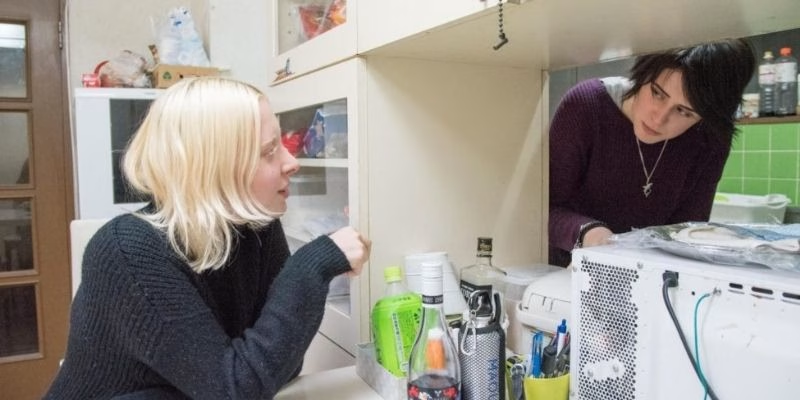
Securing a Shared House Tokyo: Key Considerations
For many international arrivals, securing a Shared House Tokyo is the primary goal. The city’s vast employment and educational opportunities drive this wish. Tokyo offers a massive variety of share houses, varying significantly in price, location, size, and amenities.
Location and Commute Accessibility
When searching for a Shared House Tokyo, prioritizing proximity to a JR or subway station is essential. Tokyo’s vast public transit system dictates much of daily life. Locations near major transit hubs significantly enhance convenience. Consider areas offering specific amenities, if they align with your needs:
- Shibuya and Shinjuku for nightlife and central business access.
- Nerima and Suginami for quieter residential areas with more space.
- Otsuka and Ikebukuro for excellent connections on the JR Yamanote line.
Share house rent typically includes essential utilities. These include electricity, gas, water, and high-speed Internet. Sometimes, a low, fixed Common Service Fee is featured for these utilities. This makes the total monthly living cost highly predictable.
Pricing by Tokyo Ward (Private Room Rates)
Share house pricing in Tokyo is primarily dictated by location, falling into three distinct tiers:
| Price Tier | Representative Wards | Key Characteristics | Average Price Range (Private Room) |
| High-End (Central Core) | Minato, Shibuya, Chiyoda, Chuo | Prime business, entertainment, and commercial hubs. Optimal transit access. | ¥60,000 – ¥100,000+ |
| Mid-Range (Inner Popular) | Shinjuku, Meguro, Setagaya, Toshima | Excellent balance of convenience, quality of life, and more reasonable pricing. | ¥50,000 – ¥85,000 |
| Affordable (Outer Wards) | Adachi, Katsushika, Edogawa, Nerima | Quieter, residential areas, offering the lowest rents in the 23 wards. | ¥45,000 – ¥68,000 |
Pricing by Room Type
The specific room configuration within the share house is the second most significant factor determining the rental price:
- Dormitory/Shared Room (Bunk bed in a communal room): ¥35,000 – ¥50,000
- Private Room (Standard single bedroom): ¥48,000 – ¥80,000
In Summary: Choosing a Share House is the most financially efficient housing solution for foreigners in Tokyo. The typical monthly rent for a standard Private Room ranges mainly between ¥50,000 and ¥80,000. It depends on its location within the 23 wards.
Room Types and Amenities
Share houses offer various room configurations that influence pricing and privacy. Understanding these options is crucial for making an informed decision:
- Private Rooms: Offer the most privacy, are fully enclosed, and often feature a lockable door. They are the most common and typically the highest-priced option.
- Dormitory Rooms: A budget-friendly option where residents share a large room with bunk beds. These are popular with students and short-term visitors.
- Semi-Private Rooms: Sometimes feature partitions rather than full walls, offering limited privacy at a lower cost than fully private rooms.
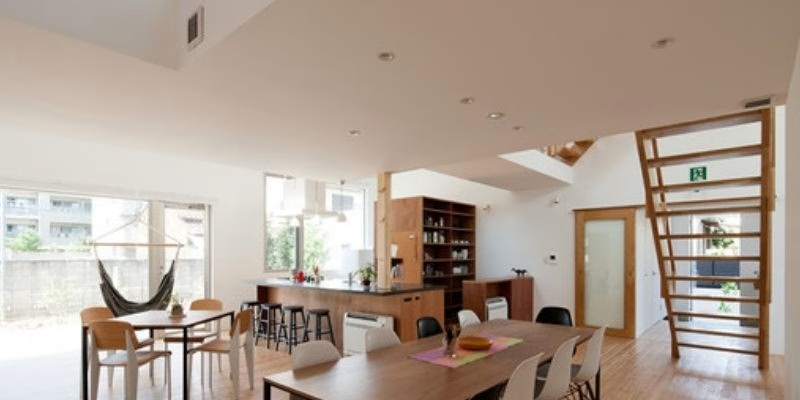
Navigating the Traditional Apartment for Rent Japan Market
A share house is often the best first choice. But, some foreigners eventually transition to a traditional Apartment for Rent Japan. This market is more complex, but it offers greater independence and privacy.
Understanding the Unique Japanese Leasing System
The process of renting a traditional apartment involves several cultural and legal specifics that differentiate it from Western leasing models. Key aspects that international residents must understand include:
- Guarantors (Hoshoˉnin): Landlords typically require a Japanese guarantor. If an individual does not have one, they must use a rental guarantor company (Hoshoˉ Gaisha). This company charges a fee, which is usually 50-100% of one month’s rent.
- Contract Length: Leases are almost always two years. Renewal fees are due at the end of the term if the resident chooses to stay.
- Rules and Regulations: Strict rules govern residency. These include noise levels and garbage disposal. Pets or sub-leasing are not allowed unless explicitly stated in the contract.
Essential Initial Fees for Traditional Apartments
The high initial financial commitment is the biggest hurdle for securing an Apartment for Rent Japan. These fees are non-negotiable and include:
- Security Deposit (Shikikin): 1-2 months’ rent.
- Key Money (Reikin): 0-2 months’ rent, a non-refundable gift to the landlord.
- Agent Commission (Chuˉkai Tesuˉryoˉ): 1 month’s rent + tax.
- First Month’s Rent: Paid upfront.
- Fire Insurance (Kasai Hoken): Mandatory, a yearly or two-year premium.
In stark contrast, a Share House in Japan offers immediate financial relief and simplification. The application process for a share house minimizes the initial financial shock. It requires only the first month’s rent plus a small security deposit. This deposit is often equivalent to one month’s rent or less. Crucially, the process eliminates Key Money () and Agent Commissions () entirely. This streamlined financial model explains why the share house is highly accessible for newcomers. It is the most accessible starting point in the Japanese housing market.
The total upfront cost for a typical apartment can easily reach 4-6 times the monthly rent.
Selecting the Right Time to Search
The Japanese rental market experiences seasonal fluctuations. The peak season for moving is typically January to March, driven by university graduation and new corporate hires. Searching outside this peak window can result in more favorable options and less competition for Apartment for Rent Japan listings. The period between June and August often sees a slight dip in demand, presenting a more relaxed search environment.
Ultimately, your choice should strategically align your available capital with your timeline for settling into life in Tokyo. You may pick the low-commitment convenience of a Share House. Alternatively, you can opt for the privacy of a dedicated Apartment for Rent Japan.
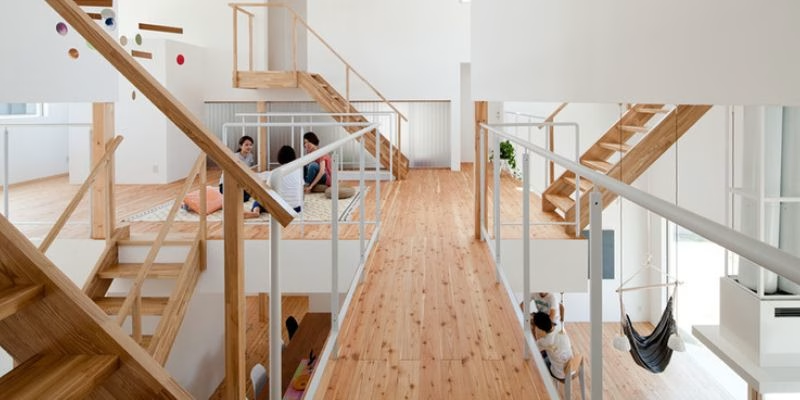
Your Indispensable Partner for Foreigner Friendly Apartments Tokyo
For international residents seeking independence and privacy in the traditional rental sector, securing Foreigner Friendly Apartments Tokyo requires expert guidance. Collaborating with a specialized real estate agency is paramount. These professional firms are the critical link. They bridge the inherent language barriers, complex cultural expectations, and stringent legal requirements of the Japanese rental market. They offer crucial, tailored support throughout the entire leasing process. To be fully prepared before entering this complex market, we suggest reading our detailed guide. It contains the essential things to know before renting an apartment in Japan.
The Essential and Specialized Role of AREALTY
A specialized real estate agency often functions as an AREALTY (Agency for Real Estate and Living Transparency). It acts as a professional intermediary. This significantly smooths the rental process for international clients. They have curated listings from a network of landlords. These landlords are known to be receptive to foreign tenants. This often eases or waives difficult requirements like the need for a Japanese personal guarantor. AREALTY staff are adept at translating and clearly explaining the complex contractual details in an accessible manner. Their skill ensures full compliance with local laws and is the most effective tool for preventing costly misunderstandings. Agencies specializing in the international market consistently use multilingual staff. They skillfully enable communication and negotiation. They also handle paperwork completion with the landlord or property management company.
These professional partners provide several specialized services, making the search for Foreigner Friendly Apartments Tokyo substantially more efficient and secure:
- Vetted Listings: They maintain a comprehensive database of properties that specifically accept foreign nationals. These listings often waive the difficult requirement for a personal Japanese guarantor.
- Lease Transparency and Translation: AREALTY ensures that the lease contract’s key terms are fully understood by the tenant. They often give detailed translated summaries. They also explain complex clauses clearly.
- Ongoing Support: Many specialized agencies extend their services to offer crucial post-move-in support. They help diligently with utility setup. They also handle mandatory local registration. Moreover, they guarantee effective communication for addressing maintenance issues.
Strategic Engagement: How to Work Effectively with an AREALTY
To work efficiently and effectively with your real estate agent, prospective tenants should be prepared. They must have specific, detailed criteria. This preparatory clarity dramatically reduces search time and ensures the agent presents the most relevant and viable options immediately:
- Define Budget: State the absolute highest monthly rent you can afford. Clearly specify if this amount must include utilities or other fixed costs.
- Specify Location: Clearly define desired stations, transit lines, or specific wards (e.g., “within a 10-minute walk of Shinjuku station” or “only properties along the Toˉkyuˉ Toˉyoko line”).
- Provide Documentation: Have copies of your Residence Card (Zairyū Card), passport, and proof of employment or enrollment documents. Ensure they are immediately ready for rapid application processing.
Are you ready to secure your ideal living space and independence in Japan? Don’t attempt to navigate the complex Tokyo market alone. Reach out to a reputable Arealty now. Discover personalized, curated listings for Foreigner Friendly Apartments Tokyo that precisely fit your budget. They also meet your professional needs and lifestyle. This ensures a seamless, secure, and successful move into your new home.
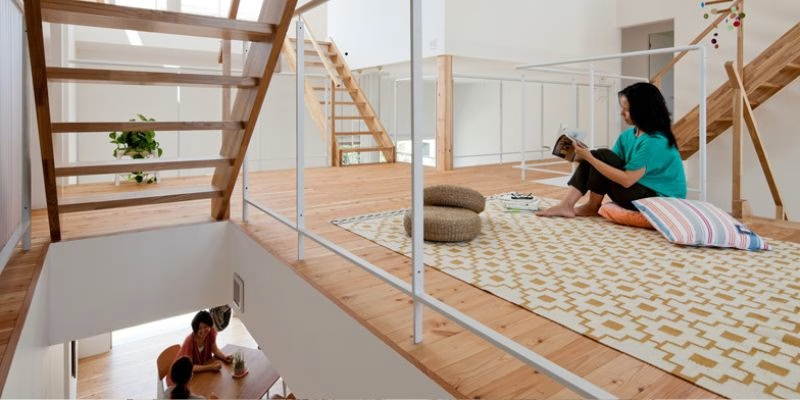
Conclusion
You may choose the community and ease of a Share House in Japan. Alternatively, you might prefer the independence of an Apartment for Rent Japan. In either case, making an informed decision is vital for a positive experience. The initial low commitment and social structure of a Share House make it ideal for newcomers. It is the best starting point. When seeking long-term autonomy, securing a Foreigner Friendly Apartments Tokyo through a specialized agency is the definitive path to success. Focusing on transparent financial models is crucial. Utilizing professional support ensures you secure housing that perfectly complements your life in Japan.

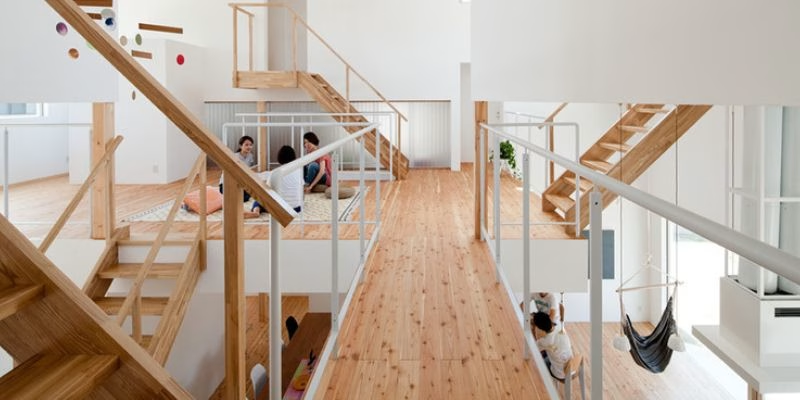


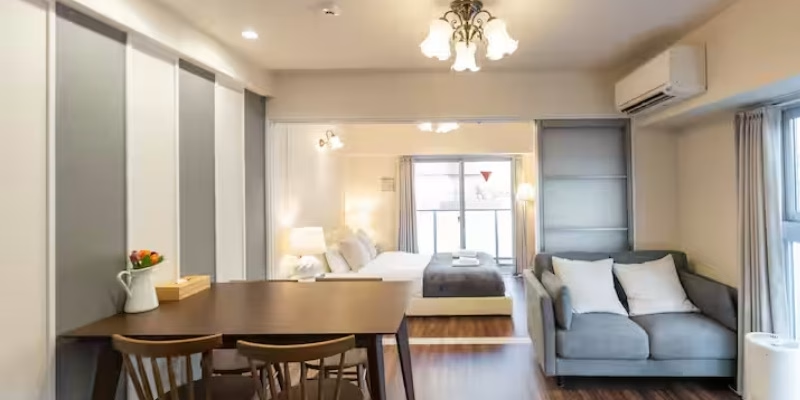

Leave a Reply